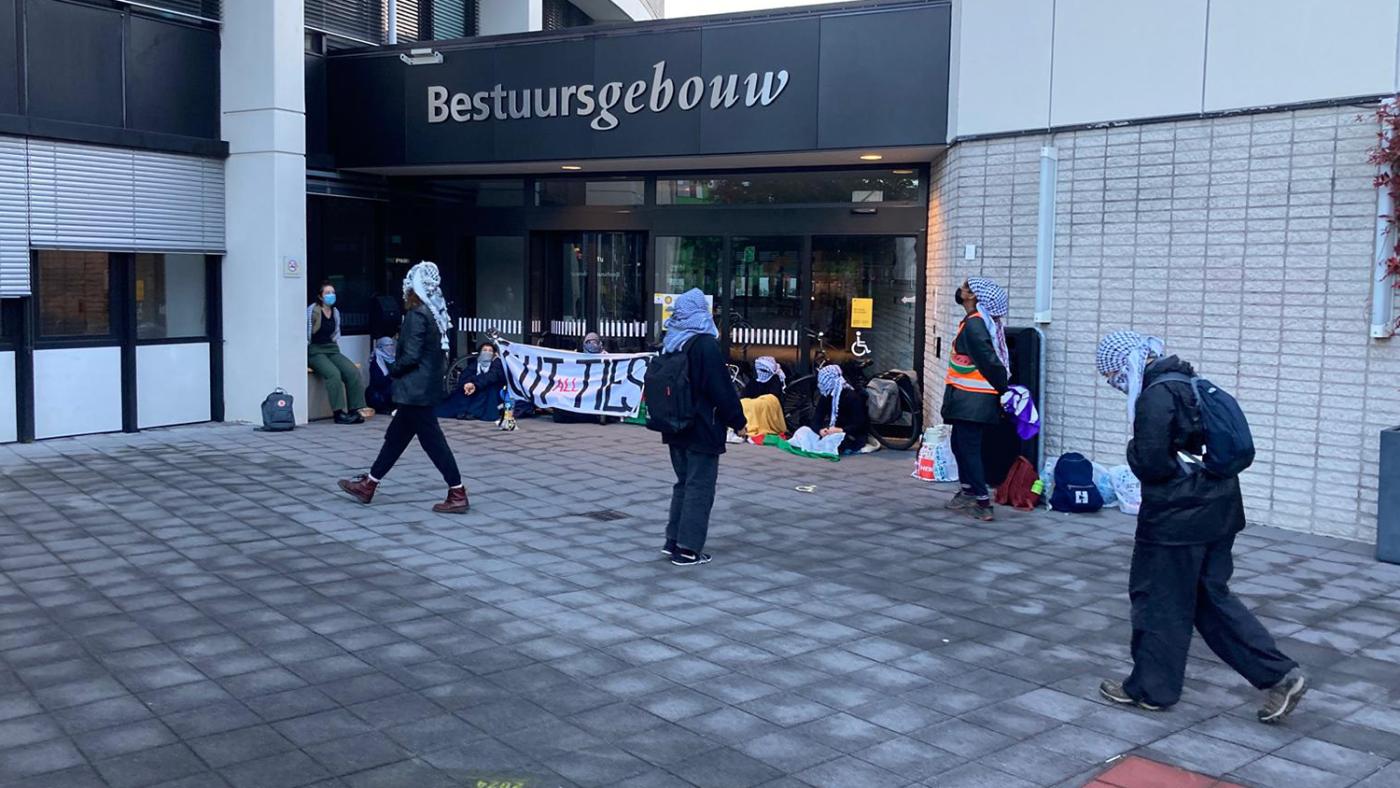A cautious approach
Future collaborations with Israel off the table, says UU

Utrecht University and UMC Utrecht consider that the latest chapter in Israel's fight against Hamas in Gaza and recent events on the West Bank went too far. The two institutions are therefore tightening their policy on collaborations with Israeli institutions in research and education.
UU President Anton Pijpers says in a statement: 'The recent statements and actions of the Israeli government regarding the occupation of large parts of Gaza, the accompanying large-scale displacement of residents and the ongoing blockades of food and aid, have prompted us to tighten our policy on collaboration. Authoritative scientific research speaks of genocidal violence; there is no longer any regard for the desire of people in the region to live in peace, with respect for their dignity and rights.’
A partnership is being terminated
UU was already reluctant to enter into new partnerships with Israel in education and research, but the new policy stipulates that this cannot be done for the time being. Currently, UU and UMC Utrecht maintain 23 partnerships with Israeli institutions, down from 25. Two investigations have now been completed. Eleven of these partnerships involve only UU, ten involve only UMC, and two involve both the university and the hospital.
Due to recent developments in Israel, UU wishes to withdraw from one of the ongoing projects, which involves working together with the Israeli Ministry of Health and is therefore directly linked to the government. The contract with the University of Haifa will also be terminated, which means that students will no longer be able to go there on exchange. Such exchanges had already been suspended because of the war, but the contract with Haifa had not been terminated yet. This is the last university in Israel with which UU had such a contract.
According to UU, the other collaborations will remain intact because a committee has determined that they cannot be used for military purposes or the violation of human rights. It will remain possible for individual researchers in Utrecht to collaborate with individual researchers from Israel without a contract. ‘These one-on-one contacts between scientists are important in the context of the academic exchange of knowledge and insights, and are often a foundation for a form of silent diplomacy,' says the university in its statement.
The Executive Board of the university emphasises that the change of course has not been prompted by the latest occupation of the library courtyard in the city centre. According to them, the university was already working on a different approach before the occupation.
New ethics committee
UU will not enter into new partnerships with Israeli institutions and agencies until an ethical review framework is in place. The university will establish a committee to draft a framework to prevent research collaborations from contributing to ‘deteriorating the human rights situation.'
The framework will also take into account that researchers should have ‘sufficient academic freedom to carry out their work.’ Therefore, the committee will not only cover collaborations with Israeli institutions but also serve as a general framework for working with any countries involved in armed conflict, human rights violations, or breaches of international law. As UU puts it, it will be a ‘country-neutral framework.’ This new framework will complement the Integral Assessment Framework for Research.